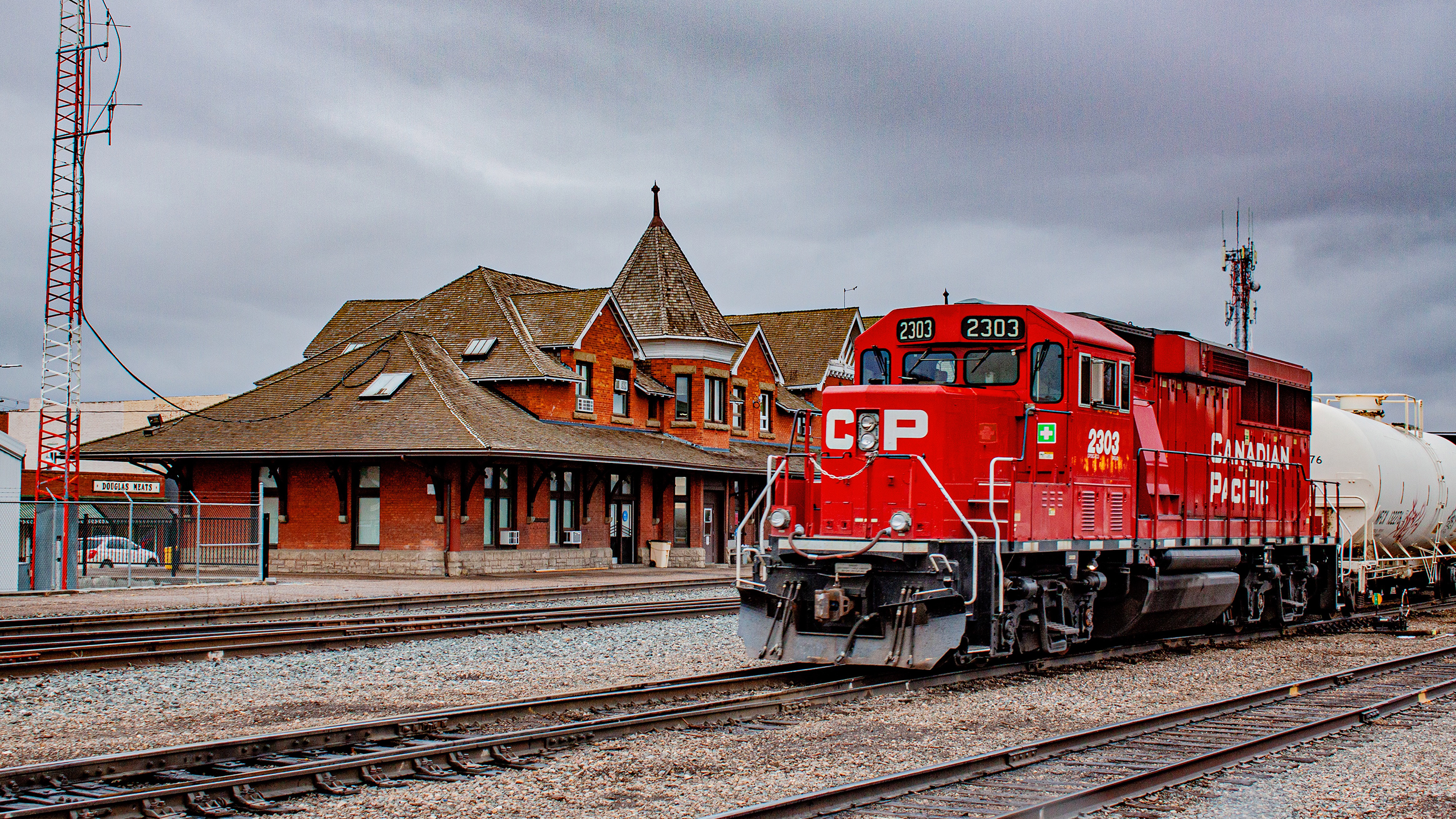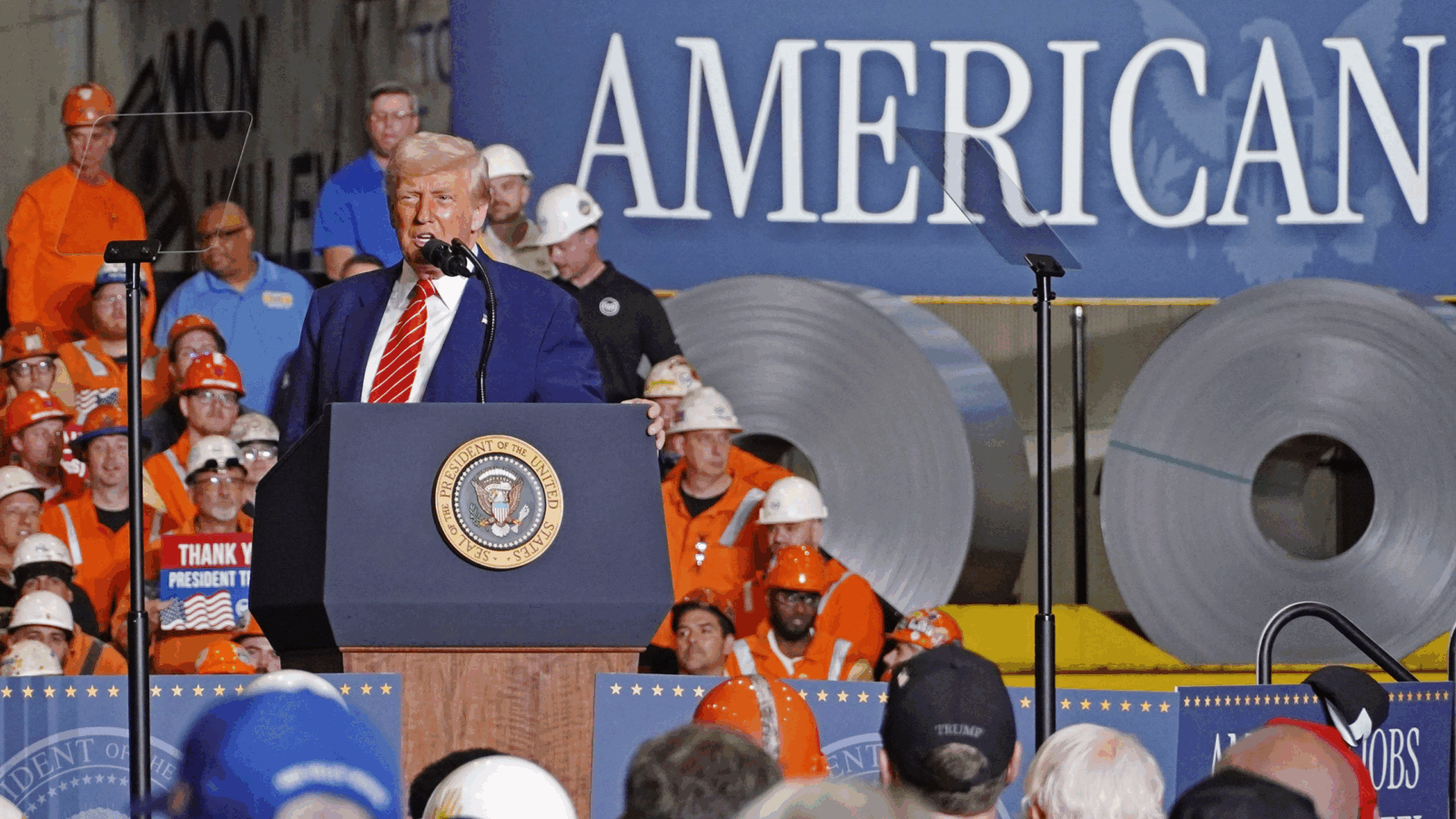Canadian Railway Shutdown Threatens US Supply Chains
Canadian National Railway and Canadian Pacific Kansas City came to a halt after locking out 9,300 employees over a contract dispute.
Sign up for smart news, insights, and analysis on the biggest financial stories of the day.
A labour stoppage in Canada was the centre of attention for many US corporations Thursday.
Canadian National Railway and Canadian Pacific Kansas City, the two largest railroad operators in America’s northern neighbour, came to a screeching halt after they locked out 9,300 employees over a contract dispute. Industry bodies warned of a potentially “devastating” catalogue of economic horrors.
The Polar Express Distress
Almost half of Canada’s land surface is underlain by permafrost, according to the federal government, and now almost 80% of its freight railways are (temporarily) frozen. Moody’s analysts estimate it will cost the Canadian economy up to $250 million a day. The US is potentially in for some lumps, too.
The US and Canadian Chambers of Commerce sounded the alarm, jointly stating a lockout will be “devastating to Canadian businesses and families and impose significant impacts on the US economy.” The Canadian Chamber noted an overlapping labor stoppage to both railways — a first — would impact $730 million worth of goods each day. Some $114 billion in freight was moved between the US and Canada by train last year, or roughly 16% of the total exchanged between the two countries according to the US Bureau of Transportation Statistics. Car plants could shut down, retailers could be short of goods, and few areas of the economy would go untouched:
- The US imported $40 billion in Canadian agricultural products last year, according to the US Department of Agriculture. But a consortium of North American agricultural associations warned that, because things like grains and fertilizer are moved in such mass quantities, alternative modes of shipping are simply “not a viable option.”
- The American Chemistry Council raised the alarm too, noting the US imports nearly $25 billion in chemicals from its northern neighbor every year, and that 60% of the chlorine used by Western US water-treatment plants originates in Canada.
The Canadian government has the power to force the two parties into arbitration, but has so far declined despite industry urgings.
(Don’t Just) Blame Canada: Previous Canadian rail disputes in 2015 and 2019 ended in a matter of days, but the world may have more in store. Port-worker unions in India have planned a national strike beginning Aug. 28, and the 85,000 dockworkers represented by the International Longshoremen’s Association at 36 US East and Gulf Coast ports are threatening to strike when their contract expires in October.












